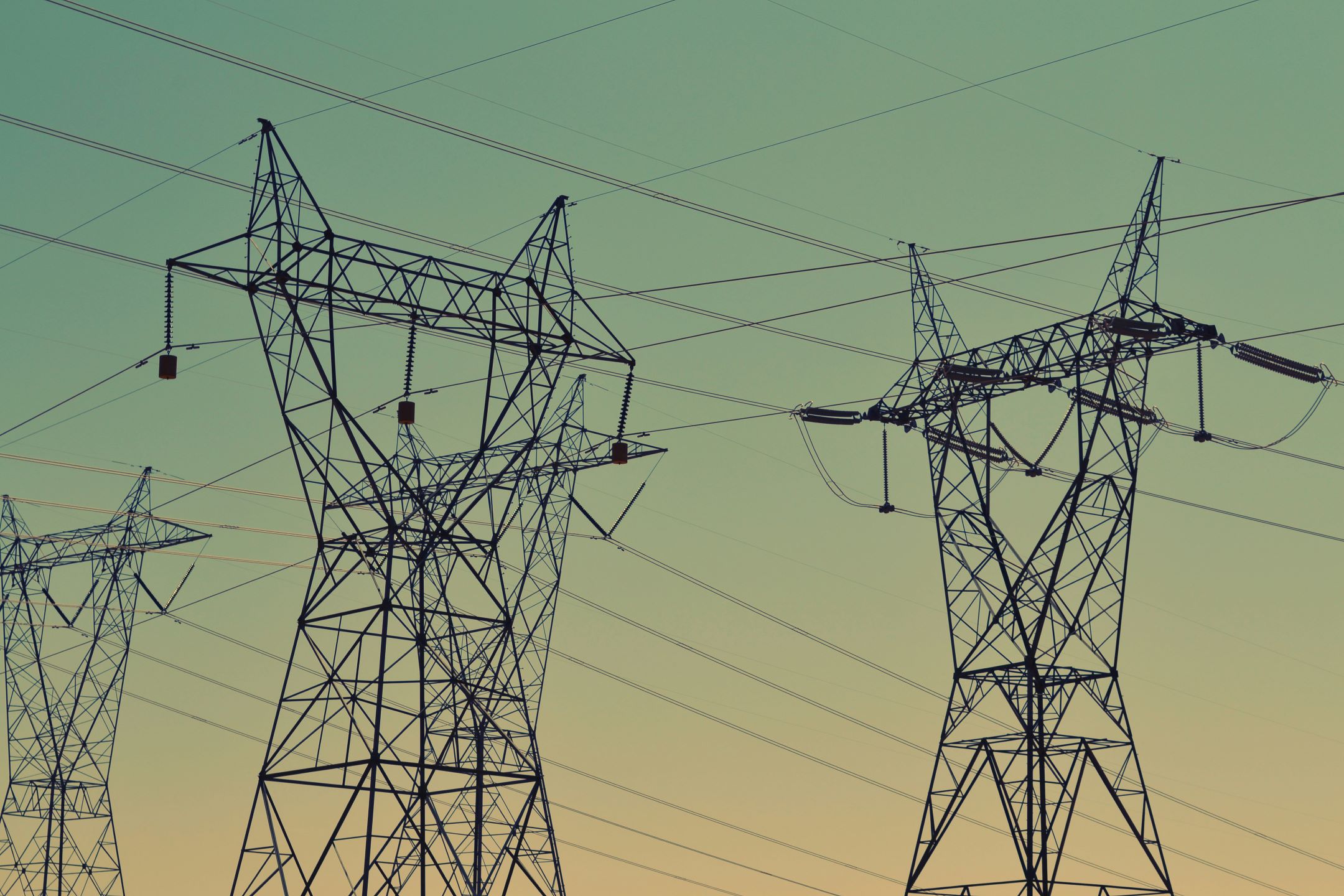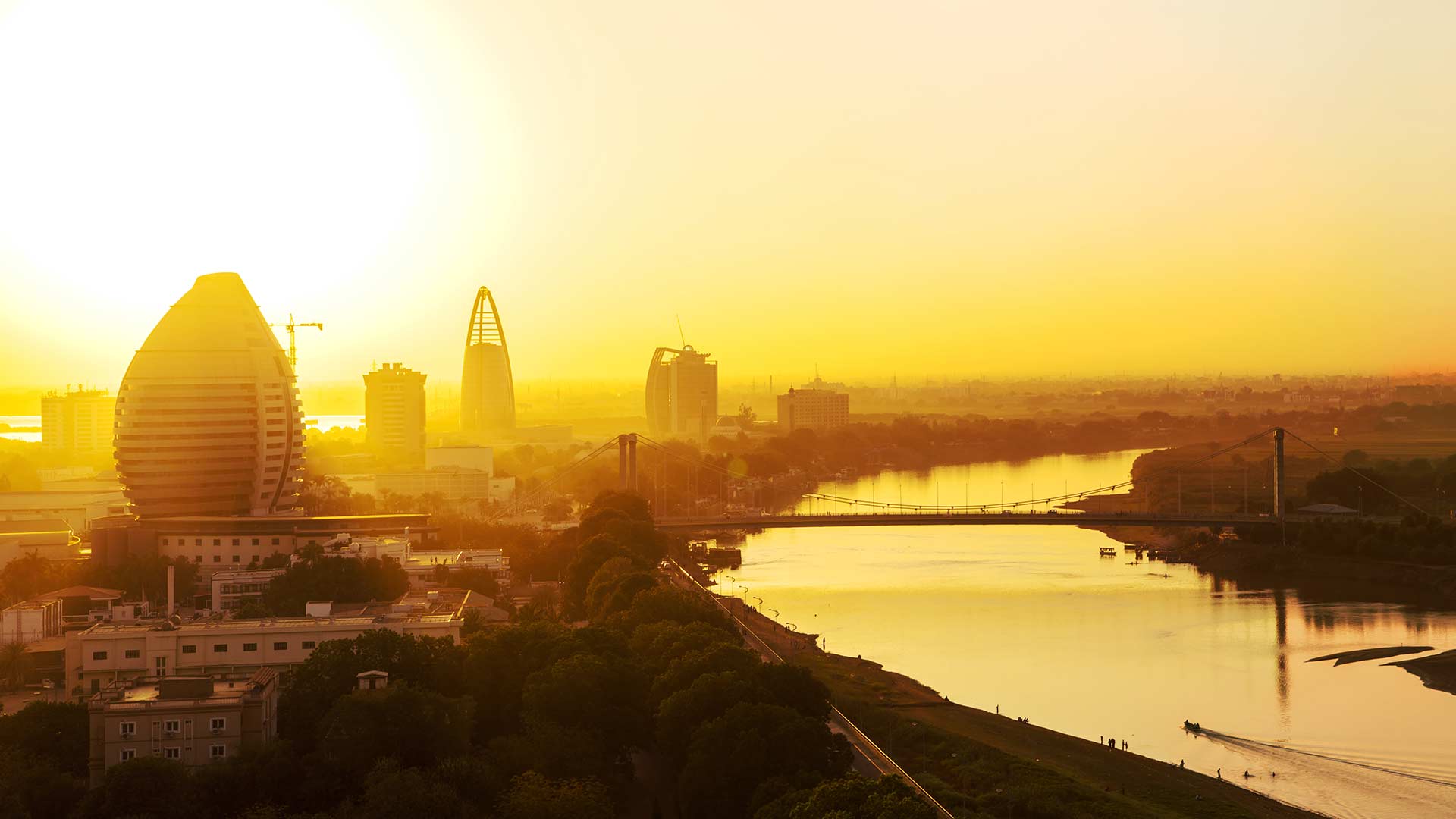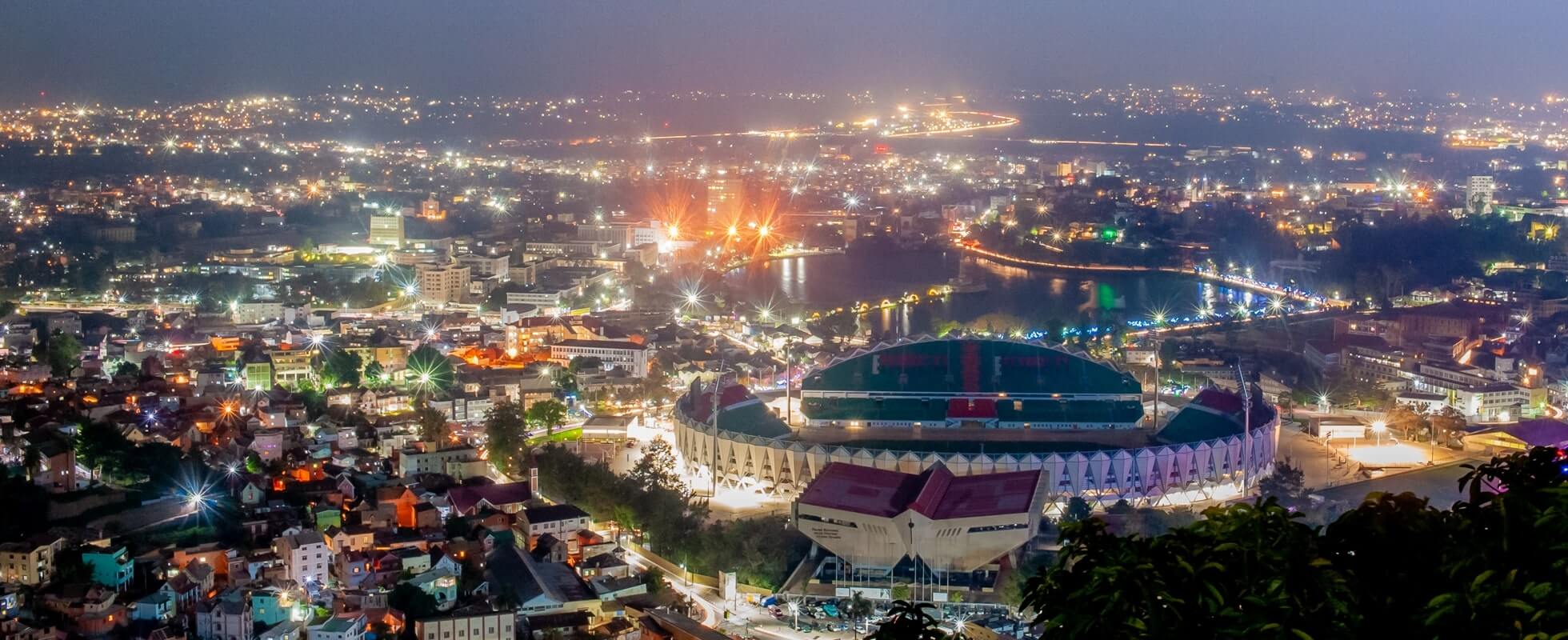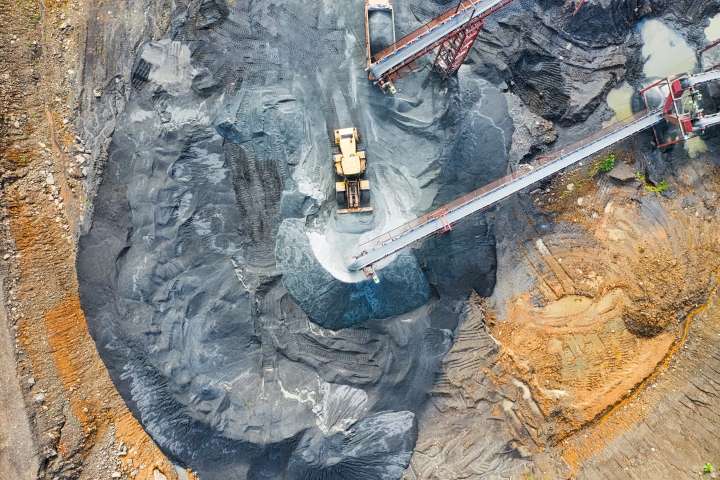Africa
Financiers Commit Over USD 50 Billion for Africa Electricity Connections
Africa recently secured USD 50 billion to provide power to 300 million more Africans by 2030. The funds were pledged at the Mission 300 Africa Energy Summit held in Tanzania and represent 55 percent of the amount required to expand electricity access over the next six years, with Mission 300 estimating the total costs to be USD 90 billion.
The summit was organised by the African Development Bank in partnership with the World Bank Group and convened leaders, policymakers, and financiers to address Africa’s energy deficit.
Despite being home to 18.5 percent of the world’s population, Africa consumes less than 6 percent of global energy and 77 percent of its energy comes from fossil fuels. Over 600 million people, about 44 percent of the total population, lack access to reliable power and this affects economic growth, healthcare, education, and job creation.
As the world moves towards a more sustainable future, Africa’s energy transition will play a crucial role in shaping the global clean energy landscape. With the right investments, policies, and partnerships, the continent has the potential to power millions of homes and businesses, unlocking economic opportunities and improving the quality of life for generations to come.
Source: The EastAfrican









